The Texas Education Agency has made recent moves to push for Christian-influenced religious lessons to be taught in K-5 public school classes.
This proposed curriculum has immediately caused immense backlash from many parents in Texas, as well as various church and religious leaders who don’t believe the state should decide how the Bible is taught.
An Increase in Religious Teachings in Public Schools

Over the past few years, there has been a concerted push by many Republican-led conservative states to see more religious aspects in public school classrooms.
Most notably, Louisiana has become the first and only state in the U.S. to mandate by law that every single public school classroom in the state must have a poster of the Ten Commandments.
Teaching Bible Lessons in Classrooms
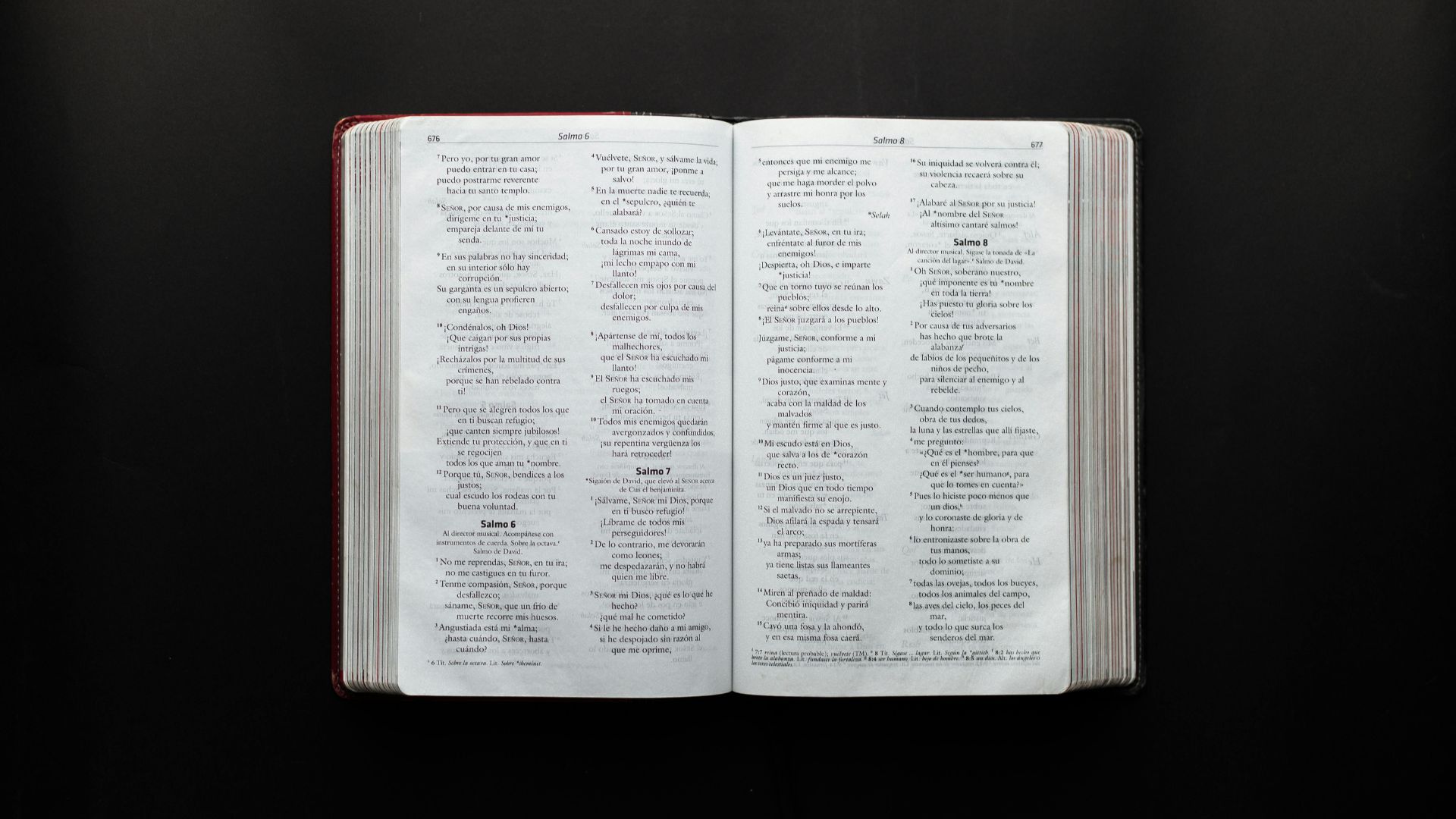
While other states have begun to follow Louisana’s lead and want to also require classes to have Ten Commandment posters, other states have pushed for religious lessons from the Bible to be taught in class.
For example, Oklahoma has recently mandated that religious influences must be seen in public school curricula.
Texas Joins the Religious Fight

Now, Texas is back to wanting to also see more Christian influence in the classroom. Last year, Texas lawmakers tried to pass a bill requiring public school classrooms to display the Ten Commandments, similar to Louisiana’s bill.
However, this bill wasn’t successfully passed, and Texas lawmakers dropped it. Now, some conservatives within the state are pushing for a new change.
Several Unsuccessful Bills
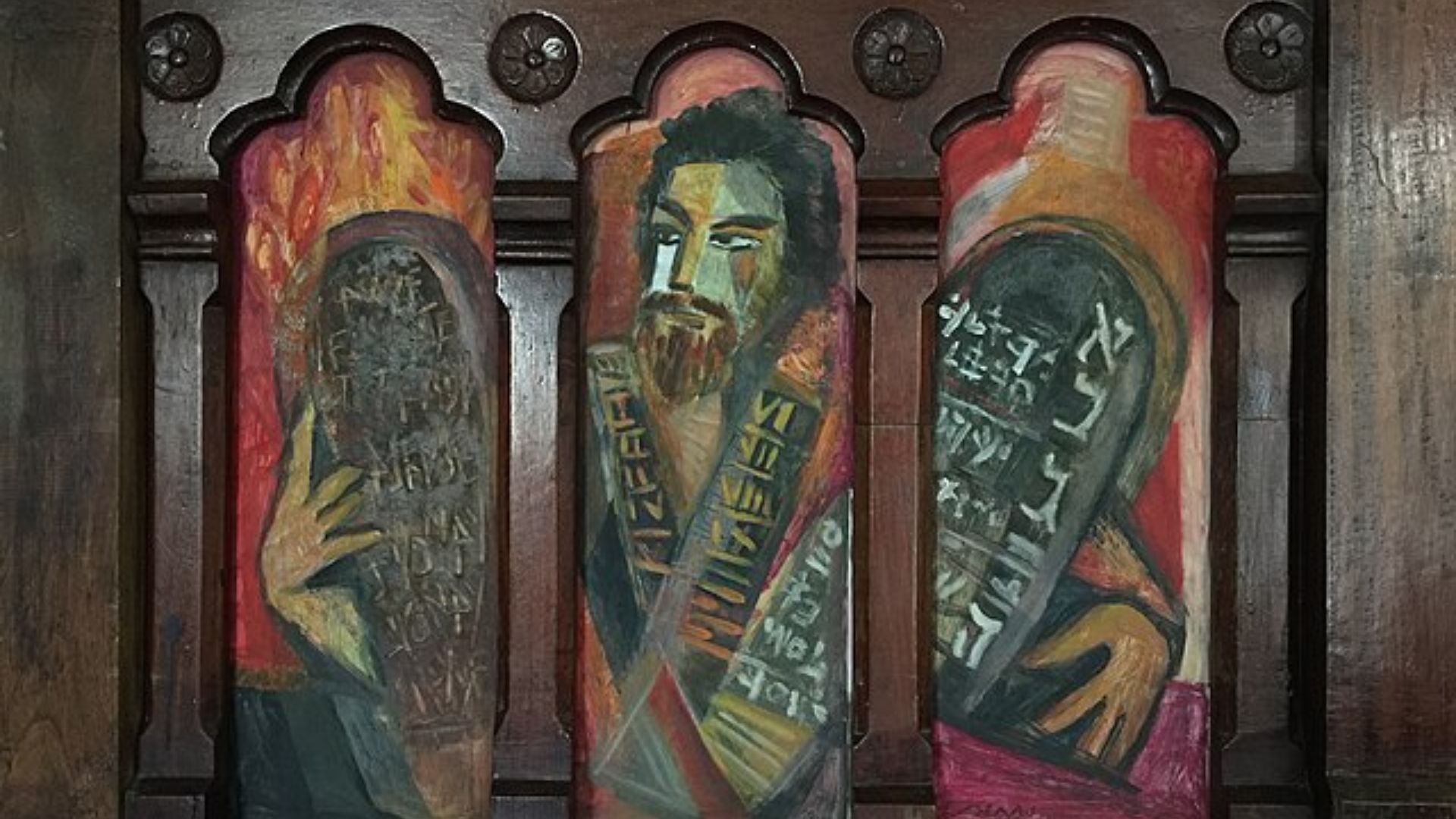
The redesign is coming in four days after the Texas Republican party passed a platform for the legislature and state board of education to require instruction on the Bible.
Texan education department officials have emphasized that the new curriculum includes material from other faiths. The platform also pushed for “prayer, the Bible and the Ten Commandments” being brought into courthouses and other government buildings.
Religion Is Already a Part of Texan Education

This redesign of the Texan curriculum would include stories like that of Queen Esther (who convinced her husband to spare the Jews) and the last supper.
The change could reach more than 2 million K-5 students to embrace what conservatives consider traditional values in an educational environment. Religion has increasingly encroached on Texan education, as last year, Texas passed a law that allowed chaplains to work as school counselors.
The TEA Wants to Teach Bible Lessons
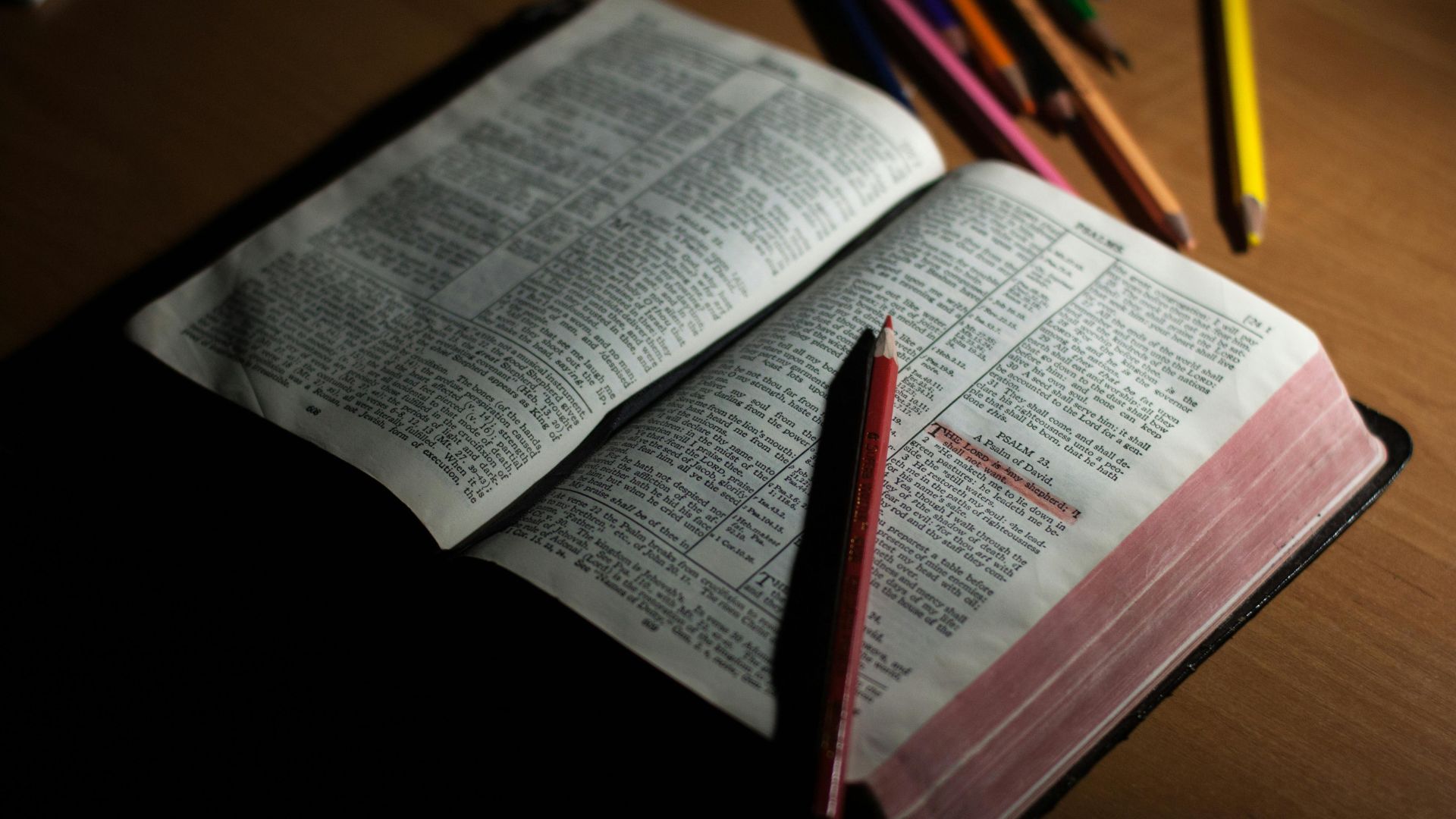
The Texas Education Agency (TEA) recently revealed that they want to incentivize public schools within the state to teach some stories and lessons from the Bible.
This plan would see the TEA propose a curriculum that inserts various Bible teachings and stories into reading and language arts lessons in classes from kindergarten to fifth grade.
Creating Incentives to Teach Religion in Schools

The TEA’s plan is to incentivize teachers and public schools within Texas to teach specific religious lessons from the Bible. To do this, they are offering up to $60 per student for schools that agree to follow these lesson plans.
This incentivization comes during a time when many public schools are seeking extra funds, as the Legislature failed to approve a boost to the money that schools get. This has left many schools struggling to deal with budget deficits.
Parents Fight Back

Many Texas parents have already begun to fight back against this proposal, as they don’t want public schools pushing religious lessons to their young children. Many parents, such as Nabila Mansoor, who is Muslim, have brought up parental rights.
“What I hear a lot in Texas is parental rights — that we have the right to be able to make decisions about our children’s education. And yet, this particular faith tradition is being superimposed on children who come from many different faith backgrounds and whose parents would find it very offensive,” Mansoor said.
What Lessons Would Be Taught

Other parents have issues with the idea that Bible stories and religious lessons need to be taught in order to teach students. For example, the TEA has recommended that the Golden Rule be taught by using a Bible story.
Parents have shot back that teachers don’t need to bring up any religion to teach children to be kind to each other.
Fears of Bullying

Parents have also shared their worry that children may be bullied in schools if they do not follow the Christian faith that appears to be favored by the TEA.
This could lead to an increase in bullying — and a lack of inclusivity — seen throughout public schools in Texas.
Some Lessons Do Not Need Religion
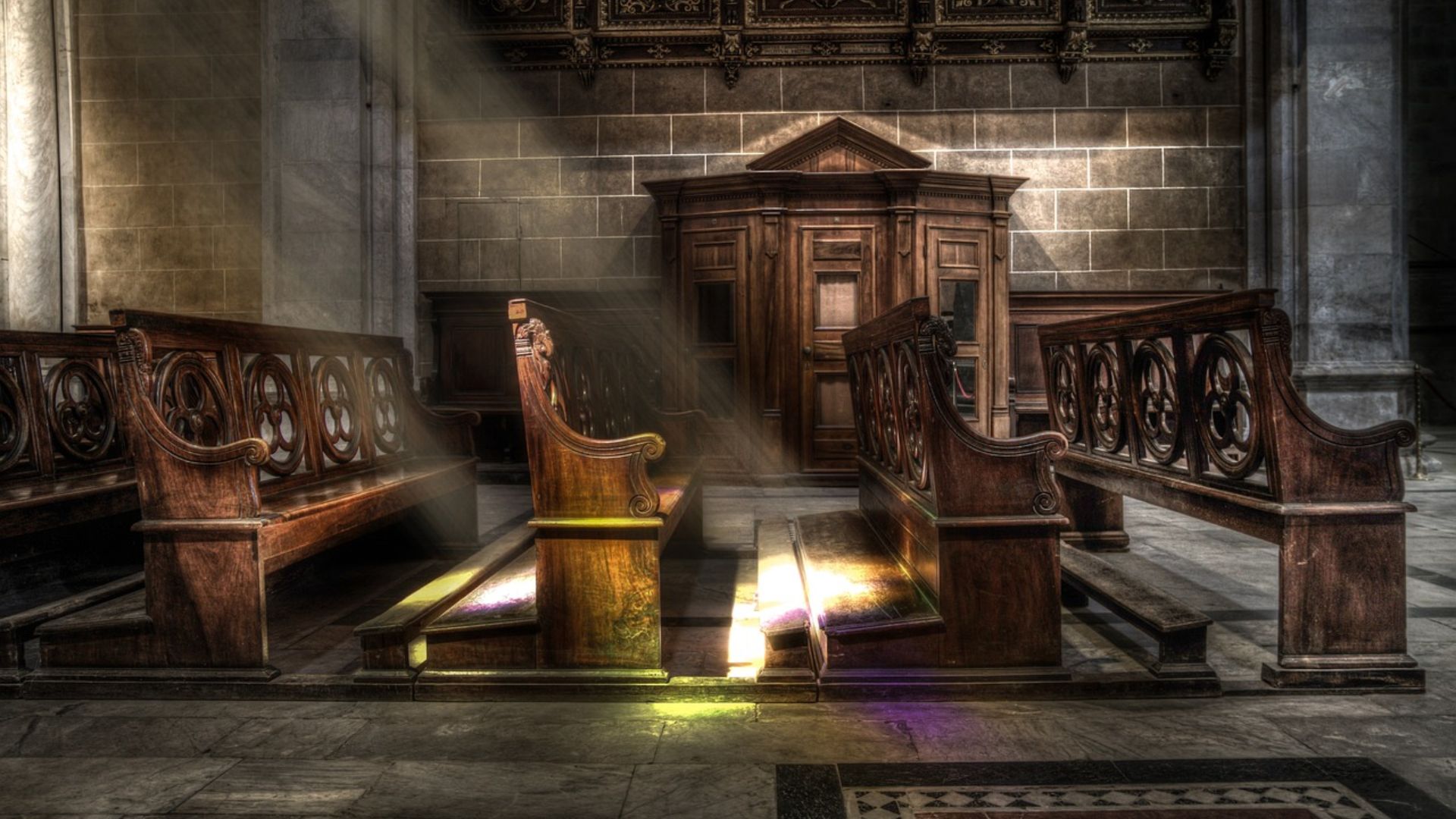
Andy Wine, parent of two and a member of the Freethinkers Association of Central Texas, criticizes the new curriculum.
Wine said, “We teach kids to be nice to each other and to share. You don’t need to bring up religion in order to do it.” Nonreligious groups have brought forward concerns about both ostracizing children of other faiths but also undermining the separation of church and state.
Publishers Are Pushing Back

The clash is not only between religious groups and parents, but curriculum publishers are also not willing to partake in the new curriculum.
A leading curriculum publisher rejected the state’s request to include biblical content in its texts. Texas officials have turned to other publishers, including the conservative Hillsdale College in Michigan and the right-leaning Texas Public Policy Foundation, which supported the unsuccessful Ten Commandments bill.
Lack of Appetite for Other Religions

A leading textbook publisher, Amplify, is used in around 400 districts but has been met with criticism for only including “one mention of Jesus.”
State officials asked Amplify to include more biblical content in its materials. Kristine French, an Amplify spokesperson, said the state rejected the company’s idea of including content from other world religions like Islam or Hinduism. “There was much more of an appetite for the tie to traditional Christian texts,” said French.
A New Provider for the New Curriculum

Amplify chose not to bid on a contract to provide more biblical content in their existing materials.
Texan education officials said that the charge that they rejected content from other religions was “completely false.” The state has not specified how many of the new lessons derive from Judeo-Christian sources. Since Amplify bowed out of the contract, the state awarded an $84 million contract to Public Consulting Group to revise the curriculum.
Church Leaders Also Fight Back Against Proposal

Many Texas church leaders and Christians have also fought back against this idea, as they worry that it could lead to inequality — which they don’t want to see.
Lutheran pastor Paul Ziese said, “In a public school, you’ve got people from a variety of backgrounds. And I think that’s a concern — that no one feels that they’re not equal to anyone else or that their position or their faith is less, including people who have no faith.”
The Argument for Cultural Literacy

State officials have argued that the change to the curriculum is intended to familiarize students with stories that are foundational to American culture.
The state education commissioner, Mike Morath, said: “If you’re reading classic works of American literature, there are often religious allusions. Any changes being made are to reinforce the kind of background knowledge on these seminal works of the American cultural experience.”
Religion Being Used as a Trojan Horse

Those against the curriculum revamp are also concerned about religion being taught for a more sinister reason.
Mark Chancey, a religious studies professor at Southern Methodist University in Dallas, said: “It is reasonable to devote some attention to the Bible, and state education standards across the nation often require such attention. The problem is that sometimes the legitimate reason of cultural literacy is used as a smokescreen to hide religious and ideological agendas.”
A Slippery Slope

Jackie Nirenberg, the regional director of Anti-Defamation League Austin, has stated that the TEA’s proposal could lead to a slippery slope.
“It’s a question of inclusivity. It’s also a very slippery slope. Because once we open the door to that kind of content, it’s much easier to get more and more religious content into the curriculum,” Nirenberg explained.
How Far Can Education Officials Go Legally?
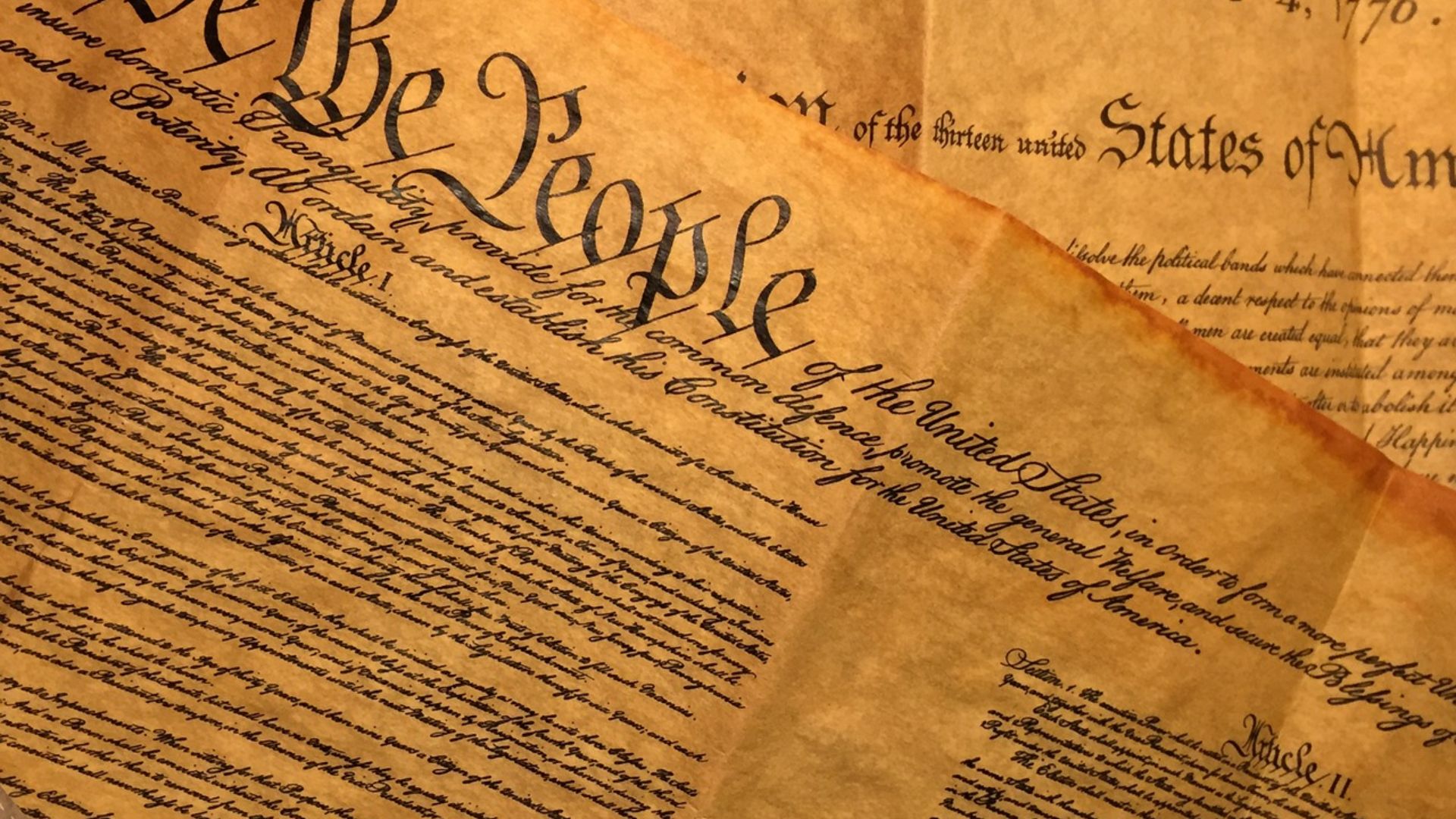
Law professor at Texas A&M University, Hannah Bloch-Wehba, said that conservative activists and officials were pushing the limits of how far the courts can go in undermining church-state separation.
“I would say there is currently no test for assessing the constitutionality of this curricular change. It facilitates these advances to both entrench religion in public life and also to diminish the protections that are afforded to religious minorities.”
Christian Nationalism in Texas

According to communications director for the Baptist Joint Committee for Religious Liberty, Guthrie Graves-Fitzsimmons, Texas is sitting at the center of the Christian nationalist movement.
“I think what we’re seeing right now is Christian nationalism taking these religious symbols and pushing them in a way that is trying to say that to be a good Texan, you need to be a Christian,” said Graves-Fitzsimmons.
The Supreme Court on Biblical Teachings
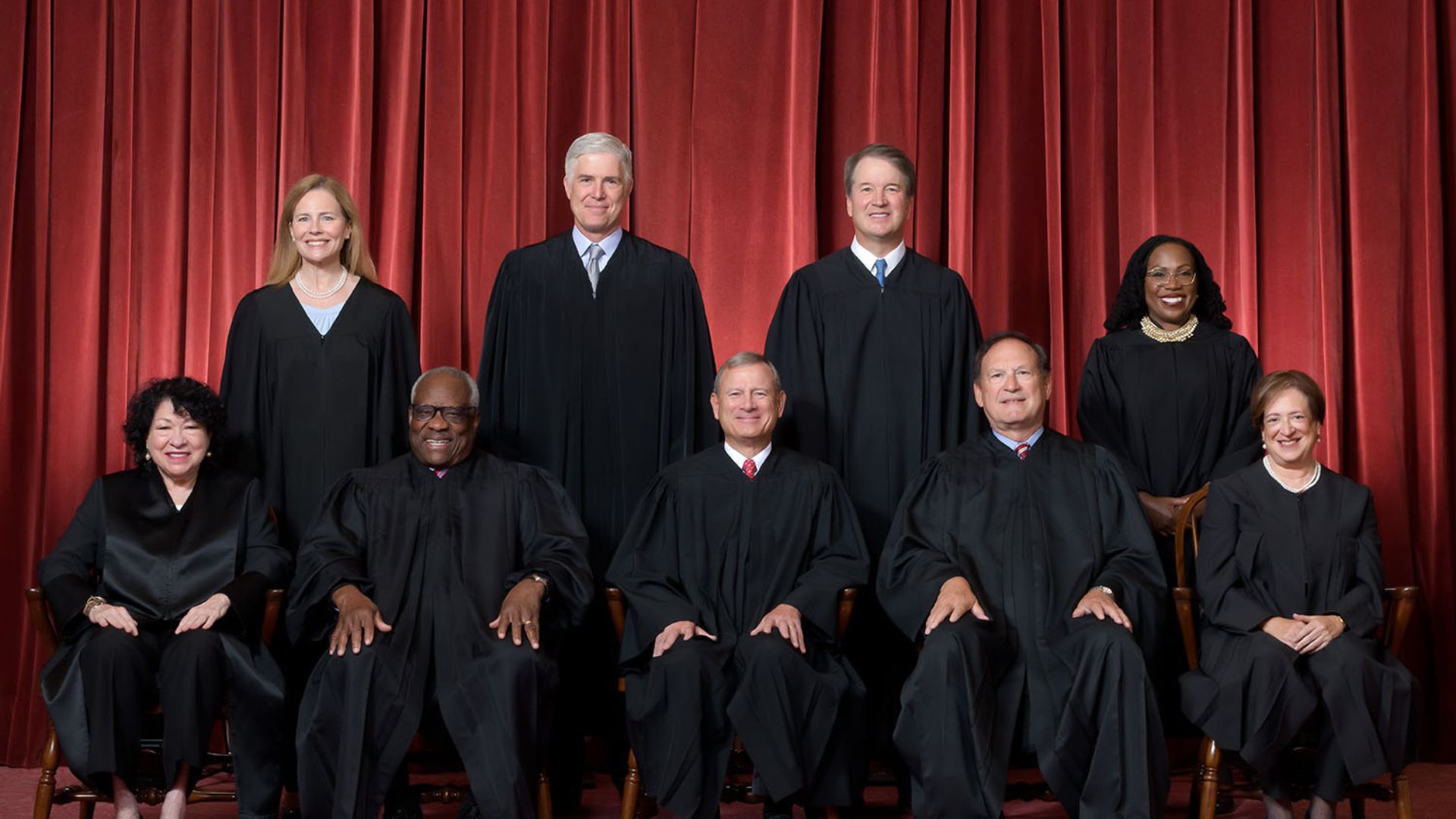
It is no longer clear where the Supreme Court stands on biblical teachings in the classroom.
The Supreme Court conservative bloc has eroded decades of precedent and made it unclear which actions are unconstitutional. In its 2022 ruling on the Kennedy v. Bremerton case, the court ended the use of the Lemon test, a standard that was used to determine if a government action was too entangled with the church.
Praise From Republicans

While the revamp of the curriculum has drawn criticism from parents and educational figures alike, the push toward the Bible has attracted praise from Republicans.
Megan Benton, strategic policy associate at Texas Values, said her group supports “an objective reading of the Bible and other religious texts” in public schools. Benton said that more materials on the Bible will provide higher-quality education overall.
The State Board of Education’s Next Steps
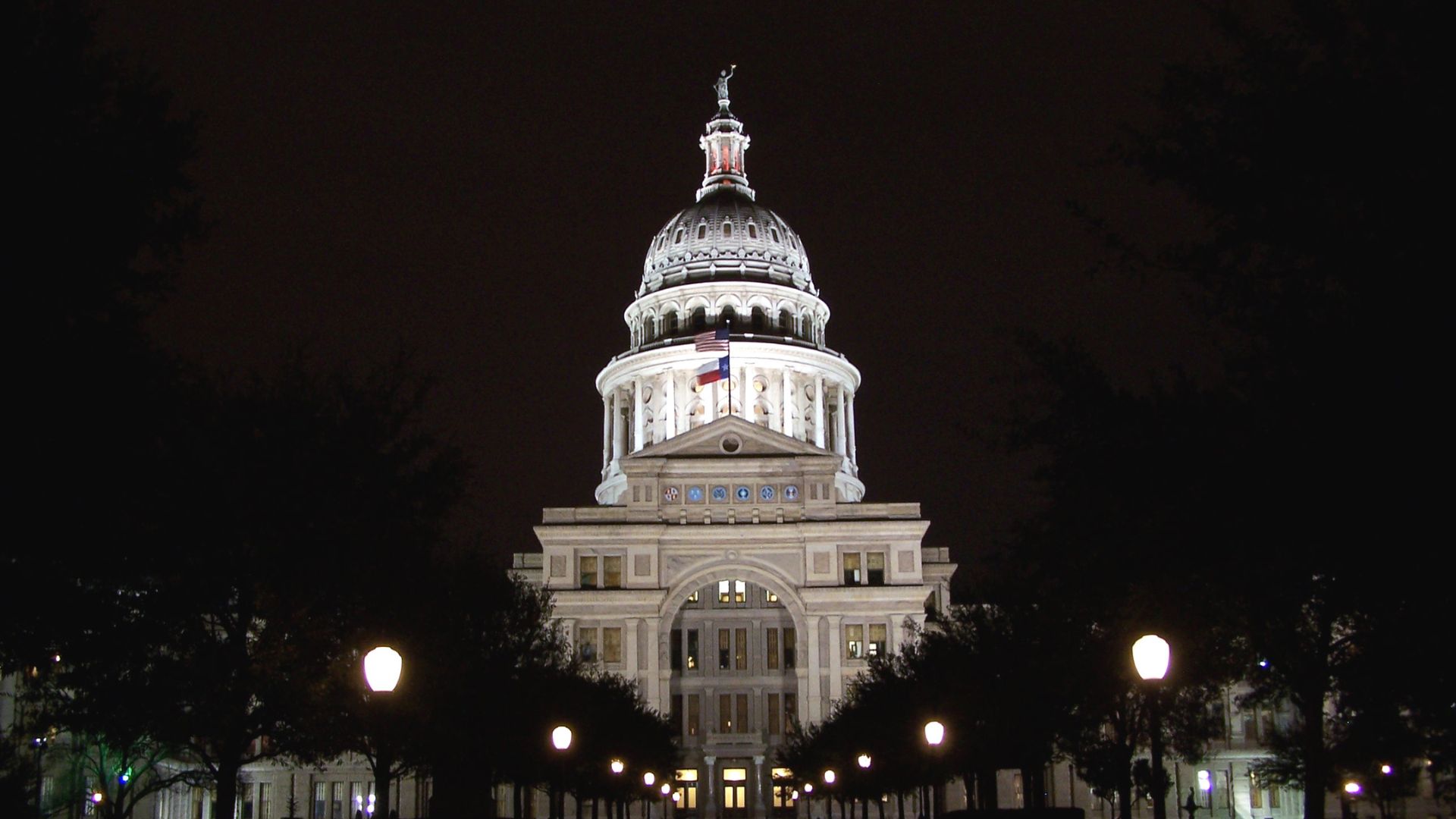
The Texas State Board of Education will now vote on this proposed curriculum in November. However, the proposal is available to view and leave feedback online.
The Texas Legislature recently passed House Bill 1605, which allows the TEA to create its own textbooks with a proposed curriculum to help teachers in class preparation.
